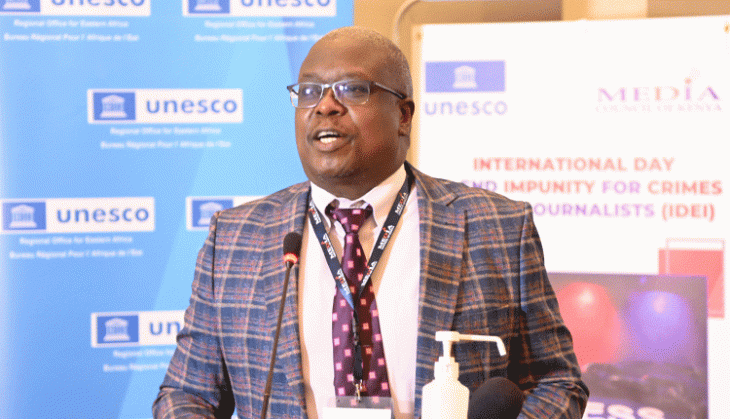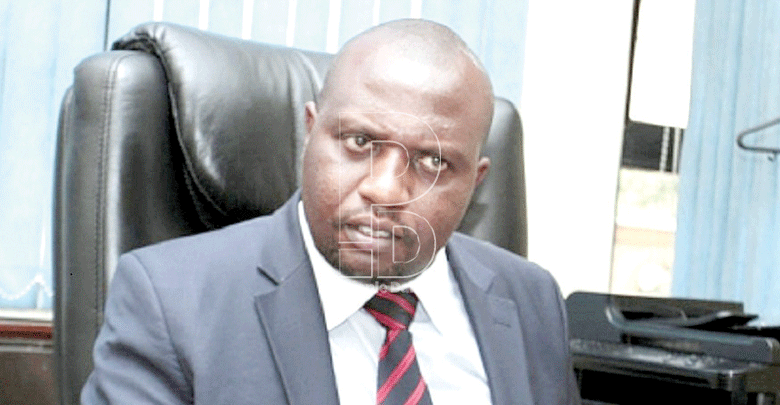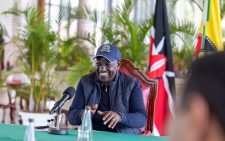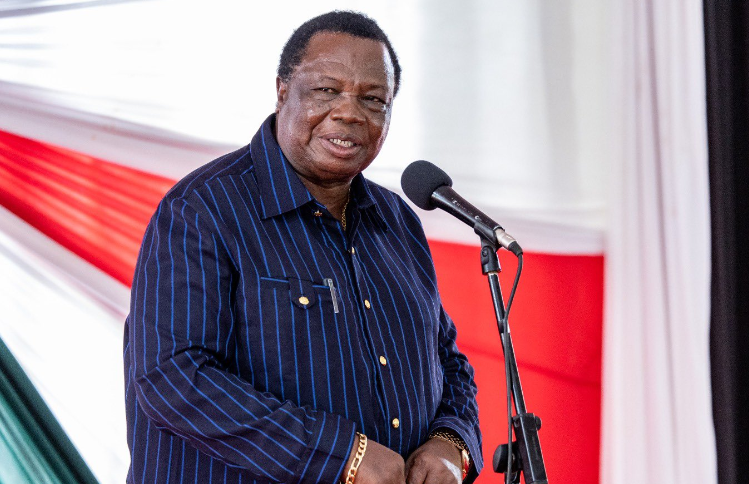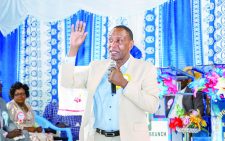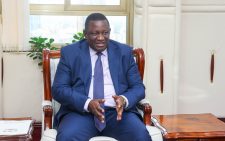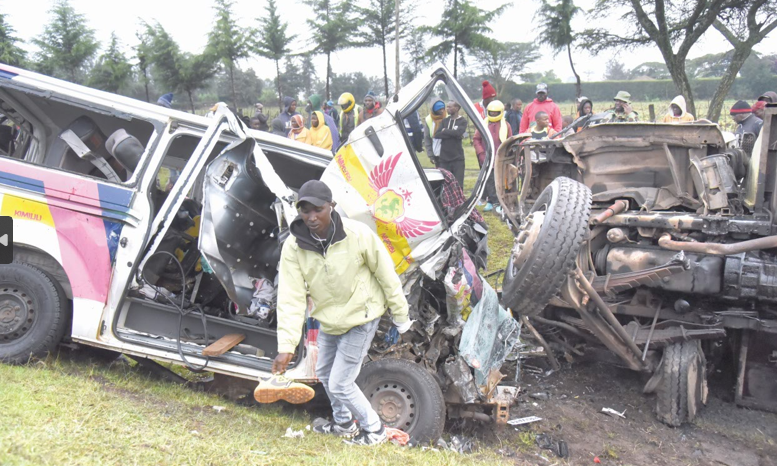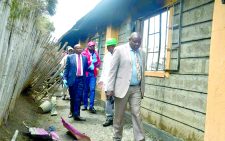Journalists’ rights must be protected by all

As the Country marks the International Day to End Impunity Against journalists (IDEI), there is growing concern over the rising number of journalists who are falling victims of press freedom violations.
In the 2020 World Press Freedom Index released earlier this year, Kenya was ranked position 103 out of 180 countries.
The fact that we dropped three positions from the previous year, is an indication that the country is not fairing well as far as press freedom is concerned.
Generally, cases of press freedom violations have spiked in 2020 compared to previous years.
The Media Council of Kenya (MCK), which has been documenting the cases has recorded over 75 cases of violations this year against journalists and media workers, compared to 56 and 26 in 2019 and 2018 respectively.
This year in particular, the Covid-19 pandemic has posed major challenges to the media industry, providing a breeding ground for violations against journalists.
This morning , the Council will release a report on the trends since March and September 2020.
A different report will reveal statistics and trends on sexual harassment in Kenyan newsrooms.
Today’s commemoration will also provide a platform for media industry leaders to chart the way forward in the wake of challenges posed by Covid-19.
Out of the 75 cases documented, majority of them are related to challenges posed by the pandemic.
Many journalists became targets of harassment and assault by security agencies enforcing government guidelines on containment measures.
While physical attacks and denial of other rights such as the Right to Information constitute the common violations that journalists face, Covid appears to have also exposed the soft underbelly of the media industry, leading to massive job losses affecting over 400 people, salary cuts and journalists becoming victims of general insecurity due to the harsh economic times.
Other threats include soft censorship, political interference, which compromises editorial decisions, and journalists being caught up in political chaos and conflicts.
These challenges, if left unaddressed, can be a threat to democracy and a free society because a strong media is necessary to keep democratic institutions in check and facilitate access to information by citizens.
The Council, working with other stakeholders, has been in the forefront in ensuring a united front in responding to threats against journalists through the Kenya Media Sector Working Group.
The interventions included direct media grants, which have seen 500 journalists benefit from financial reporting grants and training on reporting on Covid-19.
A total of 125 community radio stations and 25 television stations have also benefitted from Sh200 million in financial support.
The Council continues to engage the offices of the Inspector General of Police, Independent Police Oversight Authority and that of Director of Public Prosecutions on attacks against journalists.
Since the beginning of the year the Council has written not less that 15 letters to the IG to follow up on cases reported by journalists.
For these strategies to succeed, every institution including media houses, journalists’ associations, human rights organisations, development partner and security agencies must keep their end of the bargain.
Media houses for instance can ensure that they provide a safe working environment for their journalists, both in the newsroom and in the field.
The Council on the other hand is committed to leading efforts in search of solutions such as the establishment of a Media Sustainability Fund, reviewing of advertising and revenue models and promotion of digital content.
We also support the establishment of a national journalist safety and rapid response fund and public interest litigation on press freedom violations.
As we support security agencies in the pursuit of justice for journalists who fall victim to press freedom violations, it is important that complaints against journalists and media enterprises are channeled through the MCK Complaints Commission as opposed to aggrieved parties taking the law into their own hands by attacking journalists. —The writer is Manager, Accreditation and Compliance at Media Council of Kenya
